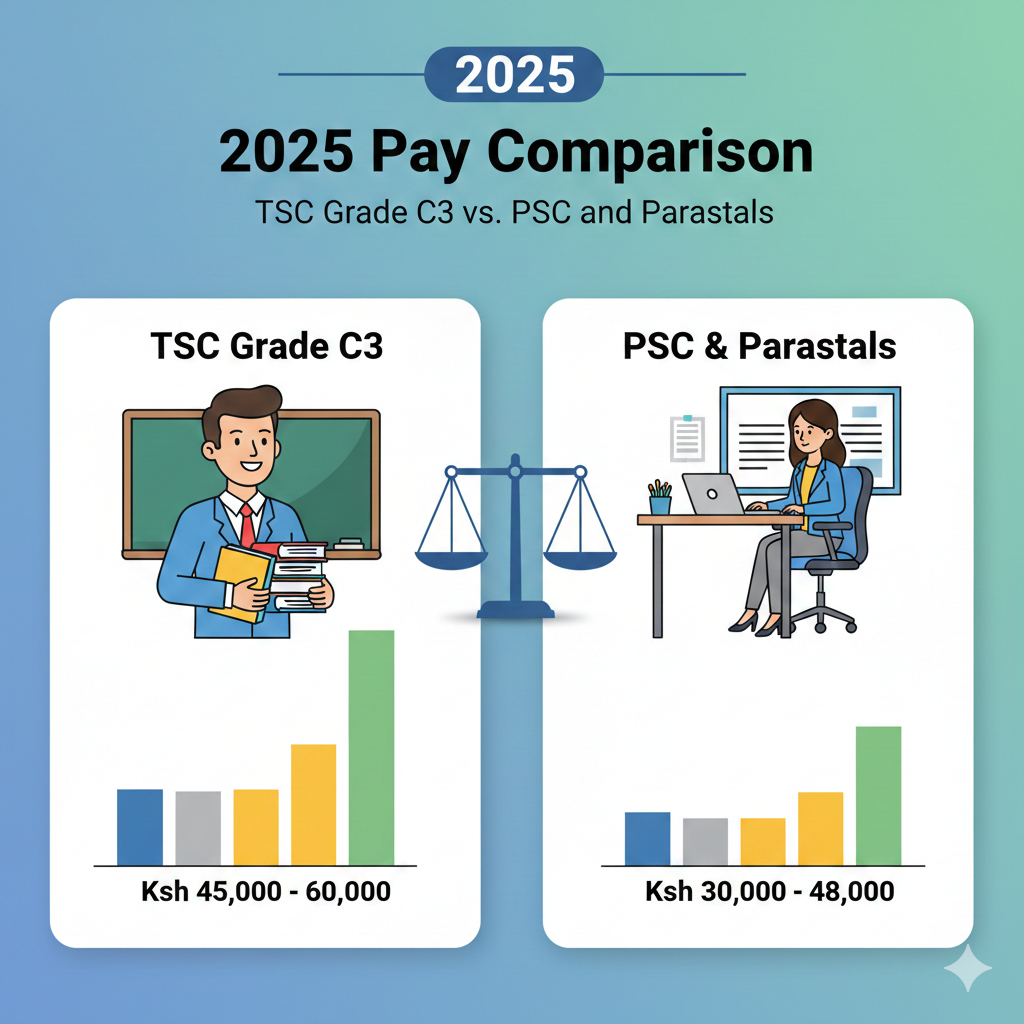Raising responsible, clever, self-sufficient, and emotionally mature children is one of parenting’s greatest challenges—and rewards. In today’s fast-paced world, kids need more than academic success; they need critical thinking, resilience, and the wisdom to navigate life’s complexities. How can parents nurture these qualities without micromanaging or stifling independence? The key lies in intentional strategies that balance guidance with freedom, discipline with empathy, and high expectations with real-world learning. From fostering problem-solving skills to teaching financial literacy, small daily habits shape capable, confident adults. In this guide, we’ll explore 10 proven parenting techniques to help your child grow into a resourceful, wise, and self-reliant individual—ready to thrive in an ever-changing world.
1. Lead by Example
Children learn more from what you do than what you say. Model responsibility, wisdom, and emotional maturity in your daily actions—whether it’s handling stress, making decisions, or treating others with respect.
2. Teach Problem-Solving & Critical Thinking
Instead of solving every problem for them, encourage them to think independently. Ask open-ended questions like, “What do you think would work best?” or “How could you handle this differently?”
3. Assign Age-Appropriate Responsibilities
Give them chores and real-life tasks (e.g., packing their own lunch, managing a small budget) to build self-sufficiency. Start young and increase responsibilities as they grow.
4. Encourage Emotional Intelligence
Teach them to identify, express, and manage emotions constructively. Discuss feelings, practice empathy, and show them how to handle conflicts maturely.
5. Let Them Experience Natural Consequences
Shielding kids from all failures prevents growth. If they forget homework, let them face the teacher’s feedback. Learning from mistakes builds wisdom and accountability.
6. Foster a Love for Learning
Encourage curiosity beyond school—reading, exploring nature, discussing ideas, and asking questions. A clever mind is a lifelong learner.
7. Teach Financial Literacy Early
Help them understand money—saving, spending wisely, and earning through effort (e.g., allowances for chores). Financial responsibility leads to independence.
8. Set Boundaries with Freedom
Give them autonomy within limits. For example: “You can choose your extracurricular, but you must commit for the semester.” This balances independence with accountability.
9. Encourage Decision-Making
Let them make choices (e.g., picking clothes, planning a weekend activity). Discuss pros and cons to develop judgment and confidence in their decisions.
10. Build Resilience & a Growth Mindset
Praise effort over innate talent (e.g., “You worked hard!” instead of “You’re so smart!”). Teach them that challenges help them grow, not define them.
Bonus: Spend Quality Time & Listen Deeply
A child who feels heard and valued develops confidence, wisdom, and maturity. Regular, meaningful conversations strengthen their ability to think critically and act responsibly.
By consistently applying these principles, you’ll raise children who are not only intelligent and capable but also wise, resilient, and self-reliant adults.
The Lasting Impact of Parenting—Raising Resilient Kids vs. The Cost of Poor Parenting
Parenting shapes not just childhood, but the core of who a child becomes. When done thoughtfully—with patience, consistency, and emotional support—it cultivates responsible, wise, and self-sufficient adults. But poor parenting—whether neglectful, overbearing, or inconsistent—can leave deep scars.
Children raised without boundaries may struggle with impulsivity. Those who face constant criticism often battle low self-worth. Overprotected kids may lack problem-solving skills, while emotionally neglected ones might seek validation in harmful ways. Studies link poor parenting to higher risks of anxiety, poor decision-making, and even difficulties in relationships and careers.
The good news? It’s never too late to change. By adopting mindful, intentional parenting, we can break negative cycles and raise children who are not just smart, but emotionally strong, independent, and capable of building fulfilling lives.
Your parenting today shapes their tomorrow—make it count.
















